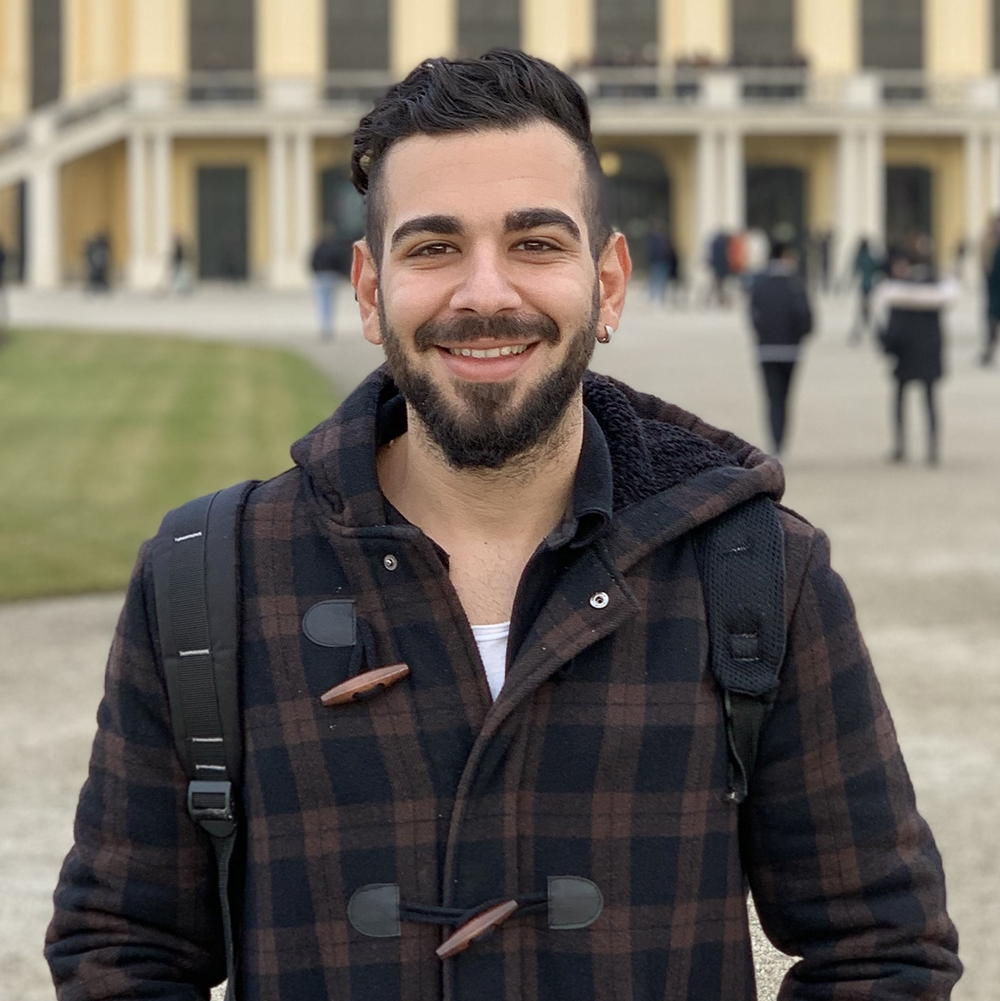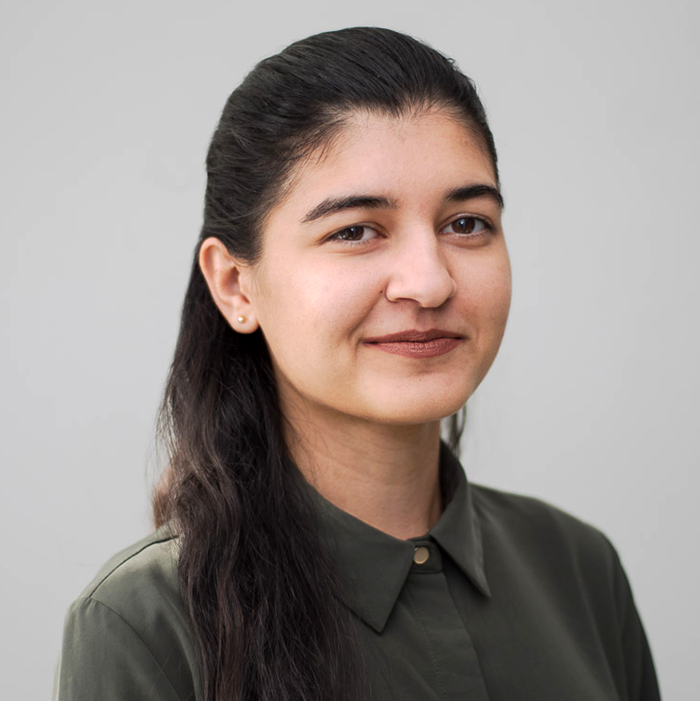Protected: Image Editor Test
There is no excerpt because this is a protected post.
Dervish Taskiranlar — Queer Cyprus Association

The Queer Cyprus Association (QCA) is a civil society movement located in the northern part of Cyprus that aims to create a world in which individuals do not face discrimination based on their language, religious belief, color, nationality, sexual orientation, gender identity, sexual expression, age, or ethnicity. I spoke with Dervish Taskiranlar, the Project Assistant […]
Author: Dorian Coleman
Dorian Coleman is an author, researcher, and educator with a background in cultural anthropology and special education. Her work focuses on exploring the intricacies of intersectionality in the human experience. She enjoys bringing research to life through storytelling and has a genuine interest in learning more about people from all walks of life. Contributions […]
ARBËR KODRA – OPEN MIND SPECTRUM ALBANIA (OMSA)

Arbër Kodra, executive director of Open Mind Spectrum Albania (OMSA), is a well-known activist across Albania and worldwide. As a leader of one of the oldest LGBTI organizations in his country, he has dedicated much of his life to preserving and expanding human rights to all people. By Dorian Coleman Arbër surprised himself by becoming […]
Author: Savita Sukul
Savita has a Masters in International Communications and a Bachelors in Communication Arts with a minor in business. She has worked in the television industry, cosmetic industry, and for a non-profit organization. Her main interest lies in the television/film industry as she has attended acting school and worked in the communications department at Discovery Inc. […]
Alexandra Kuenning

Alexandra (Xandie) Kuenning (she/her/hers) is a graduate of Northeastern University with a Bachelor’s in International Affairs and is currently pursuing an International Master’s degree in Central and East European, Russian and Eurasian Studies. In her work with non-profit organizations, she has concentrated on Eurasian affairs, with a specific focus on the emergence of LGBTI rights […]
SEA Change
Share Your Business Acumen and Be Part of Social Change The SEA Change Initiative is looking for volunteers just like you to form part of our pro bono business network: the “Buisbono network.” This will be a consulting and matching service pairing nonprofit organizations in the Caribbean with mentors in the US who can commit […]
